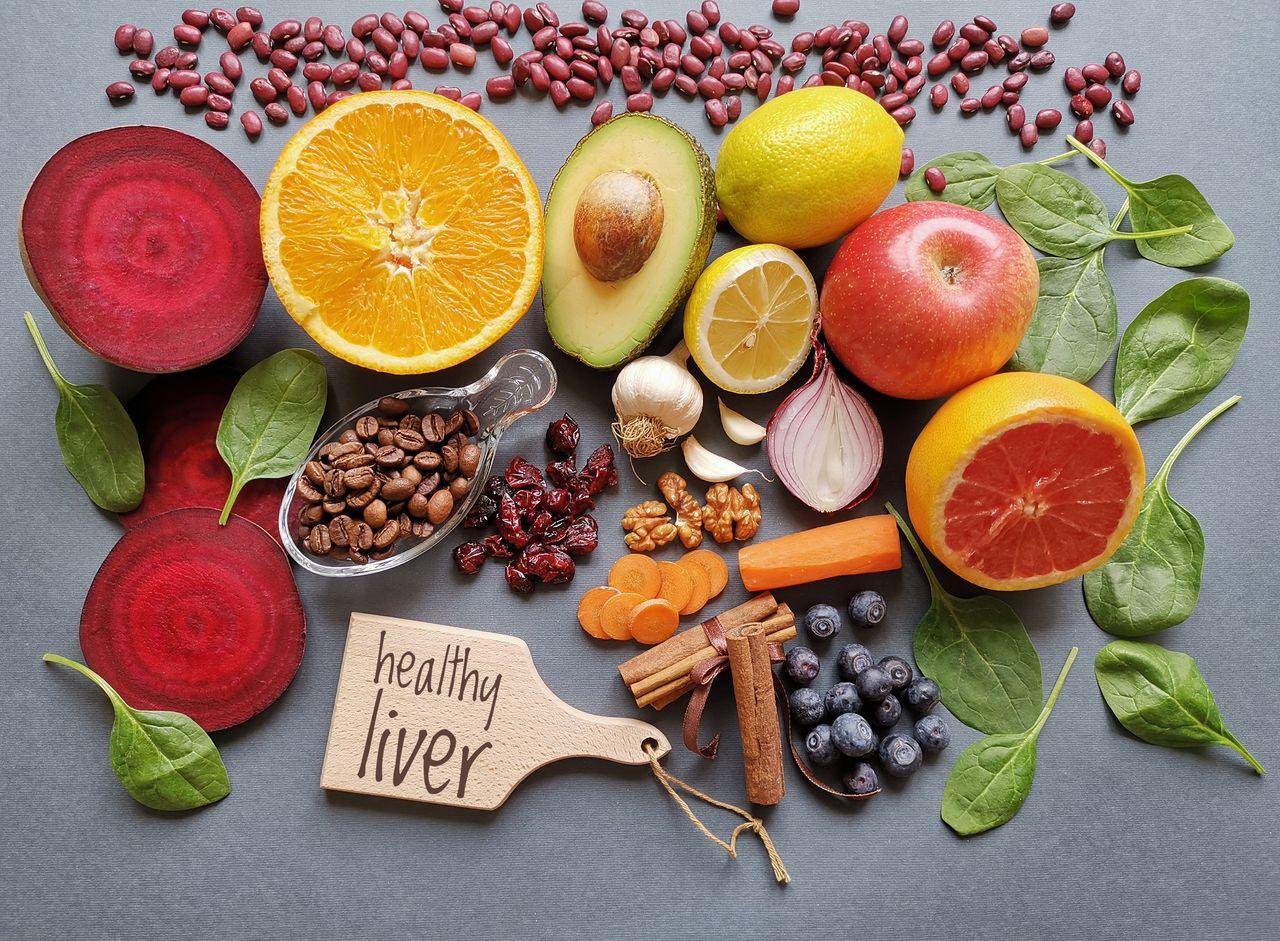Benefits of Wasabi
The health benefits of wasabi include providing a reduced risk of cancer and heart disease, as well as anti-inflammatory properties for joints and muscles. It also helps to defend against bacterial infections in the body and mouth, and can even reduce the irritating effects of seasonal allergies. This potent plant can be used to treat respiratory problems. Wasabi’s wealth of antioxidants helps to boost the immune system and remove harmful toxins from the body.
What is Wasabi?
Wasabi is a plant closely related to cabbages and horseradish and is a member of the Brassicaceae family in taxonomic classification. It is commonly known as Japanese horseradish, although it is a different plant from horseradish. However, wasabi does have the strong flavor or “kick” of horseradish, which is also the reason why the two are often used as alternatives.
Wasabi has a strong, spicy taste, different from the taste of capsaicin, the chemical found in chili peppers that gives them their hot or spicy flavor. While capsaicin gives the sensation of “burning” on the tongue, wasabi affects the olfactory sense, releasing chemical vapors that affect the nasal passage. The potent taste of wasabi is similar to hot mustard and is most commonly used as a condiment in sashimi (raw seafood) and sushi. It is also used in many other Japanese dishes.
Since its unique flavor is not oil-based as it is with chili peppers, the strong or uncomfortable sensation of eating wasabi does not last very long, and some people actually find it pleasant and invigorating!
The powerful smell is derived from a specific part of the plant’s chemical makeup, the high levels of allyl isothiocyanate, while the taste comes from closely related isothiocyanate compounds. These chemicals work as a defense mechanism against predators who try to consume the plant, but it hasn’t worked too well on humans! These isothiocyanate chemicals also have a strong impact on the health benefits of wasabi, which will be discussed in the next section.
The entire plant is used to serve various purposes. Chefs can purchase it as a root or paste, or as a powder, which is slightly easier to use.
Wasabi Nutrition Facts
Although it may be overlooked as just any other condiment, wasabi in its various forms can be a powerful addition to your diet. A 100 gram serving of wasabi contains around 109 calories and only 1 gram of saturated fat. It is also a rich source of fiber, protein, and energy. [2] In terms of minerals, it contains calcium, iron, magnesium, phosphorus, potassium, sodium and zinc, which are all natural and necessary elements in our balanced diet. It is rich in vitamin C, thiamin, riboflavin, niacin, folate, vitamin A and vitamin B6. The plant also has high levels of certain antioxidants, like isothiocyanates, and it has zero cholesterol!
Overall, if wasabi is integrated into a diet with some frequency, it can boost your necessary nutrient intake, and positively affect your overall health in a surprising number of ways!
Health Benefits of Wasabi

Health benefits of wasabi include the following:
Treats Arthritis
The pungent plant, wasabi, has also been shown to reduce cases of joint swelling, inflammation, and can even subdue the effects of arthritis. Again, the powerful antioxidant isothiocyanate compounds have been shown to reduce the inflammation of joints, ligaments, and muscles that may contribute to arthritis and joint pain. Studies suggest that wasabi helps in maintaining bone integrity in humans and can help in reducing the risk of osteoporosis. [7] In the same way that isothiocyanates can reduce platelet aggregation to protect from heart disease, they also can reduce the aggregation at weak points on the body that cause pain or discomfort. Add some wasabi to your diet and feel younger!
Prevents Cancer
Regular addition of wasabi to the diet can prevent certain types of cancer. [3] The most notable and beneficial nutrients found are the isothiocyanates. These form from glucosinolates after the plant is harvested or cut. [4] The various isothiocyanate antioxidants are very beneficial in eliminating free radicals throughout the body’s systems. [5] Studies have shown that one form of isothiocyanate in wasabi, 6-MITC, has been clearly shown to inhibit the expansion of leukemia and stomach cancer cells. It actually promotes apoptosis (cell death) within 24 hours of consumption. The use of wasabi may prevent the growth of tumors, even at a pre-clinical or pre-treatment size. The most attractive thing about this type of treatment is that isothiocyanates appear to kill cancer cells without damaging the healthy, surrounding cells.
Similar studies have found 6-MITC to be equally effective against breast cancer and melanoma cells, leading many researchers to support wasabi as a small preventative method against multiple types of cancer. [6]Research regarding its strength against other kinds of cancer is still ongoing, but this powerfully flavored plant has already proven itself in the oncological community.
Only genuine wasabi has the diverse isothiocyanates that can fight a wide range of cancerous conditions. Even other plants in the Brassica family pale in comparison, particularly because they are traditionally cooked before eating, which can reduce the nutritional content, and can degrade the enzymes that lead to isothiocyanate formation.
Treats Respiratory Conditions
Wasabi can be a strong line of defense against certain respiratory tract pathogens. [10] The gaseous component of wasabi, which causes such a powerful reaction in the nasal passages and sinuses, is actually the gaseous release of allyl isothiocyanate, which can actively inhibit the proliferation of respiratory tract pathogens like those that cause influenza and pneumonia. The smell and the sensation in your nose after eating it may be strong, but it can do a lot of good for your health and well-being.
It “clears the sinuses” when the gaseous component reaches the nasal passage. This can often help people who suffer from seasonal allergies, or even the common cold, to stimulate the sinuses and open the nasal passageways to increase airflow.
Protects Heart Health
Another popular reason for adding wasabi more regularly to your diet is to prevent cardiovascular issues. It has anti-hypercholesterolemic properties which help in lowering high cholesterol levels in the human body and reduce the risk of strokes and heart attacks. The isothiocyanates in wasabi do more than preventing cancer. They also have inhibitory effects on platelet aggregation. Platelet aggregation is basically the grouping together or clumping of blood platelets into a thrombus, or blood clot. These clots are the main causes of strokes and other cardiovascular crises. By breaking down and inhibiting the formation of these clots throughout the body, it effectively reduces the risk of heart disease and stroke!
Improves Gut Health
Wasabi can prevent gut inflammation and prevent the risk of diverticulitis or leaky gut syndrome. This benefit is attributed to its high-fiber nature which helps bulk up the stool, thereby improving the digestion process and improving overall gut health.
Side Effects
Wasabi can have a few side effects including the following:
Allergies – As always, avoid foods that you are allergic to, and if you are consuming a unique food like wasabi for the first time, be aware of the potential effects it may have on you. Consult your doctor for a full allergy panel to have a more comprehensive view of your allergies!
Liver damage – Although the health benefits of wasabi seem overwhelming, there is one very important thing to remember. If you consume too much wasabi, in an effort to supercharge your body against cancer or heart disease, you may actually destroy your liver. It has a chemical component called hepatotoxin, which is fine in small doses, but if you flood your body with wasabi, the body won’t be able to process the toxin and it can lead to severe liver damage.






